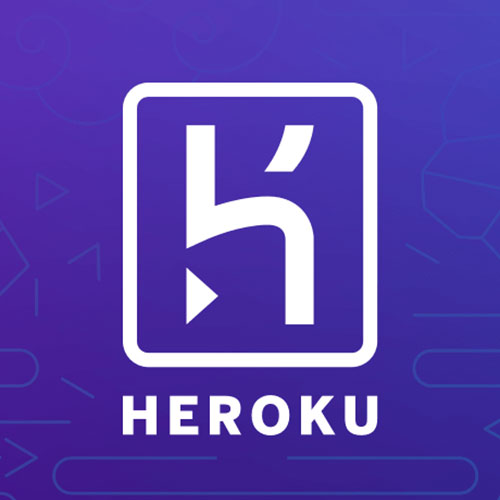I Spent A Weekend Building A Site That Generates Domain Names For Businesses Using AI
Hello! Who are you and what business did you start?
Hi, I am Kirill Zubovsky, and I am the founder of Smartynames.com, a domain name generator that uses AI to generate available domain names based on a business description.
While traditional domain tools ask you to spend hours brainstorming keywords and name ideas, Smartynames only needs one thing from you, a description of your business or project. It was the first name generator that used AI to understand your business and to create domains based on that understanding.
We started by offering only two-word dot-com domains, but now we support generating names across hundreds of different new TLDs, as well as short and hacked domain names. Whether or not you are looking for a domain, generating names with Smartynames is so much fun, I guarantee you will buy one anyway.
Smartynames started as a solution to my problem. I wanted a domain name for a project, and could not come up with anything good. I built a prototype over the weekend and launched it on Hacker News with...






















